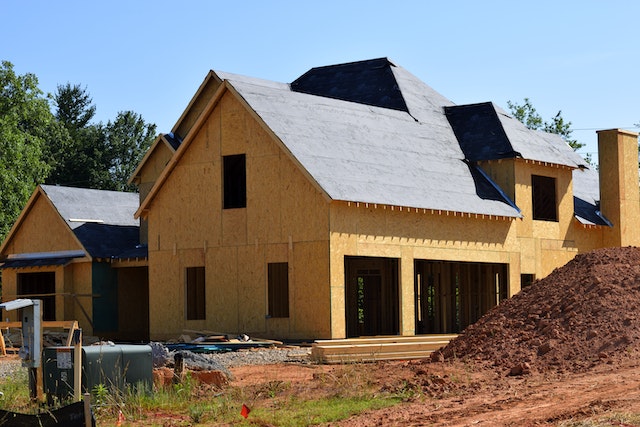
Unfortunately, homeowners will sometimes encounter issues with the quality of construction on their homes, such as flaws in the design, workmanship, or materials used. As you likely know, construction defects can cause serious damage to your property, reduce its value, and endanger your health and safety. If you’ve encountered a construction defect in your home, you’re most likely wondering what you should do to remedy the issue. Please continue reading and reach out to our seasoned Florida construction defect attorneys to learn more about the most common construction defects and how our firm can help you.
What are the most common construction defects in homes in Florida?
Some of the most common construction defects that we see are as follows:
- Foundation cracks
- Leaking roofs
- Drainage issues
- Insufficient insulation
- Window sealing problems
- Faulty electrical wiring
- Plumbing leaks
- Mold and mildew growth
- Poor ventilation
- Inadequate structural support
- Uneven or sagging floors
- Cracked walls or ceilings
- Faulty HVAC systems
- Improperly installed siding
- Insufficient sealing around doors
- Inadequate waterproofing
- Substandard plumbing fixtures
- Faulty exterior grading
What should I do if I encounter a construction defect in my home?
If you suspect that your home has a construction defect, you should take the following steps:
- Document the defect: Take photos and videos of the defect and its effects. Keep records of any repairs or maintenance that you have done or paid for. Gather any documents related to your home purchase, such as contracts, warranties, inspections reports, or correspondence with the builder.
- Notify the builder: Send a written notice of claim to the builder and any other parties involved in the construction of your home. The notice should describe the nature and extent of the defect and the damage or loss that it has caused. The notice should also state your expectations for resolving the claim. You should send the notice by certified mail with return receipt requested.
- Hire an attorney: If the builder does not respond to your notice or does not offer a satisfactory solution within a reasonable time frame (usually 60 days), you may have grounds for a lawsuit against the builder. A lawsuit may be based on breach of contract (if the builder failed to deliver what was promised), breach of warranty (if the builder failed to honor any express or implied guarantees), negligence (if the builder failed to exercise reasonable care), fraud (if the builder intentionally misled you), or strict liability (if the defect was inherent in the product).
If you have further questions or need competent legal guidance, look no further than Ansbacher Law. We are here to fight for you, every step of the way.
